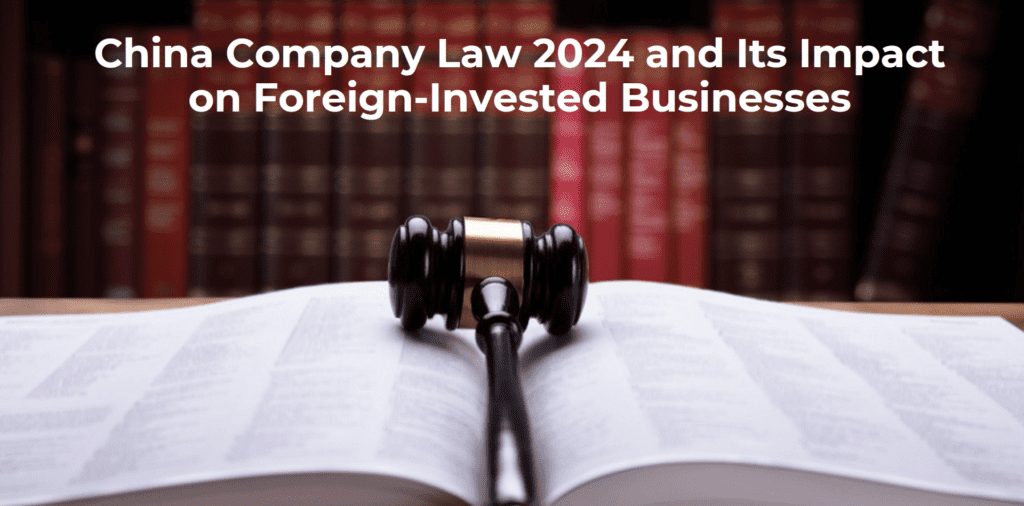Incorporating in Hong Kong
Hong Kong, as a major commercial, financial and international trade centre, has traditionally been a popular place for setting up an offshore holding company.
Having a low tax rate on salaries, profits and real estate, no exchange controls, and no tax being charged on income derived from outside Hong Kong ads to its attractiveness, especially for trade companies and investors targeting the PRC and East Asia markets.
When creating a holding vehicle in Hong Kong one must acquire a Business Registration certificate from the Inland Revenue Department, which should disclose the following:
- A local physical address in Hong Kong;
- One local secretary;
- One local director (although corporate directors are permitted);
- One local shareholder.
Additionally, annual financial statements as well as annual auditing reports are obligatory by law.
Incorporating in the British Virgin Islands (BVI)
British Virgin Islands, on the other hand, have for many years been the world leading offshore jurisdiction. Here, there is hardly any tax charged on companies deriving their income from outside the country (except for negligible annual business license fees).
Furthermore, there are no requirements to disclose annual financial statements, auditing reports or to conduct annual meetings. Business Companies (or BC, as the business entities are labelled here) must have a registered office and an agent within the BVI. Every BC must have at least one director and one shareholder; local secretary or permanent address is not needed.
How to choose between Hong Kong and the British Virgin Islands?
That depends on several factors. Hong Kong offers the proximity to Mainland China and other major markets in Asia; it has a more developed business infrastructure in terms of financial services, insurance, professional services, trade and logistics. Hong Kong being administrated by under the leadership of the PRC provides both the Hong Kong Inland Revenue Department and the PRC Tax Bureau with more tools in their efforts to track and survey transactions across both regions. This is something that is expected to be enhanced in the future as the two regions harmonize and integrate their legal, accounting and tax frameworks.
The trend is that it has become more and more difficult for firms and individuals to conduct tax planning / asset protection in the region. Hong Kong does not allow the issuance of bearer shares, i.e. shares with no formal record of ownership.
Other advantages of a BVI domicile are:
- No requirement of annual meetings, financial statements, or auditing reports;
- Allowance of bearer instruments and greater asset protection schemes.
In later years, EU and the OECD have started to crack down on offshore tax havens. As a result, BVI, a so-called ‘dependent region’ of the United Kingdom, has entered new tax information and tax avoidance agreements with most developed countries. Moreover, there’s been a push both from EU finance ministers and British MP’s to ‘clamp down’ on tax havens and loosen bank secrecy laws.







